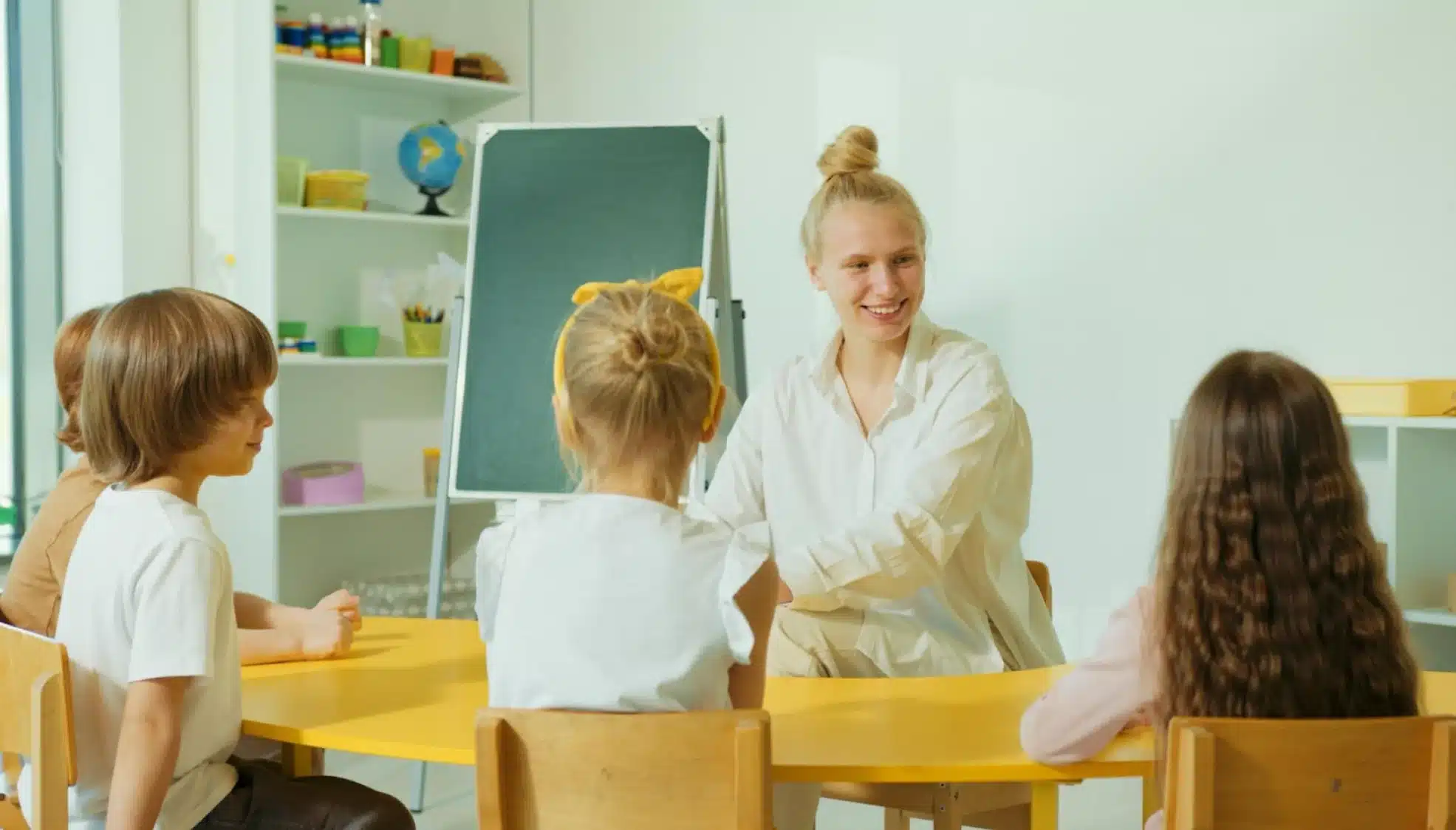Children’s learning difficulties, such as Attention Deficit Hyperactivity Disorder (ADHD), lack of concentration and attention deficit are commonplace within educational settings. Private schools in Spain have developed tailored strategies to address these challenges, providing an environment conducive to each pupil’s holistic development.
What Constitutes a Learning Difficulty in Children?
Learning difficulties denote persistent challenges in fundamental academic skills, reading, writing or mathematics that are unrelated to a child’s intellectual capacity. Rather, they arise from neurobiological disorders affecting information processing. The most prevalent conditions include:
ADHD (Attention Deficit Hyperactivity Disorder): Marked by inattention, hyperactivity and impulsivity.
Dyslexia: Difficulty with reading and text comprehension.
Dyscalculia: Impairment in mathematical abilities.
Dysgraphia: Challenges in written expression.
If left unaddressed, these disorders can impair academic performance and undermine a child’s self-esteem.
Primary Causes: ADHD, Attention Deficit and Lack of Concentration
ADHD is among the most frequently diagnosed childhood disorders, affecting approximately 5% of school-aged children. Symptoms include difficulty sustaining attention, impulsive behaviour and excessive activity. Lack of concentration and attention deficit may also stem from:
Genetic Factors: Family history of attention disorders.
Home Environment: Stress, lack of structure or inadequate support.
Lifestyle Factors: Insufficient sleep, poor nutrition or excessive screen time.
Identifying the underlying cause is essential to implement effective interventions.

Private Schools’ Response to Learning Difficulties
Private institutions in Spain employ a comprehensive approach, centred on personalisation and continuous support.
Personalised Psychopedagogical Assessment
Prior to any intervention, a detailed psychopedagogical assessment is conducted to ascertain each pupil’s specific needs. This process comprises cognitive testing, classroom observations and interviews with parents and teachers.
Curriculum Adaptations and Educational Reinforcement
Based on assessment outcomes, curricular adjustments may include:
Content Modifications: Simplification of tasks or use of alternative materials.
Methodological Changes: Adoption of multisensory techniques or one-to-one instruction.
Educational Reinforcement: Additional sessions to consolidate particular skills.
Collaboration with Families and External Specialists
Effective management requires close cooperation among the school, families and external professionals (psychologists, therapists, etc.). Regular meetings are convened to review progress and refine strategies as necessary.
Advantages of Private over Public Schools in Addressing Learning Difficulties
Lower Teacher–Pupil Ratios: Facilitate more individualised attention, enabling early detection of difficulties and more effective intervention.
Dedicated Resources and Specialist Support: Many private schools possess in-house educational guidance teams, support classrooms, adaptive technology and early-intervention programmes.
Greater Methodological Flexibility: Curricular autonomy allows private institutions to implement pedagogical innovations and bespoke programmes tailored to individual needs.
Conclusion: The Importance of Early, Personalised Intervention
Effective management of children’s learning difficulties necessitates early, bespoke and collaborative intervention. Private schools in Spain are exceptionally well-placed to provide such support, thanks to their resources, flexibility and pupil-centred ethos.
When selecting a school for a child with learning challenges, it is vital to consider those offering psychopedagogical assessments, curricular adaptations, family collaboration and an inclusive environment elements that underpin academic success and emotional well-being.
For further information on Spanish private schools specialising in support for children with learning difficulties, please visit. Best Schools in Spain.



